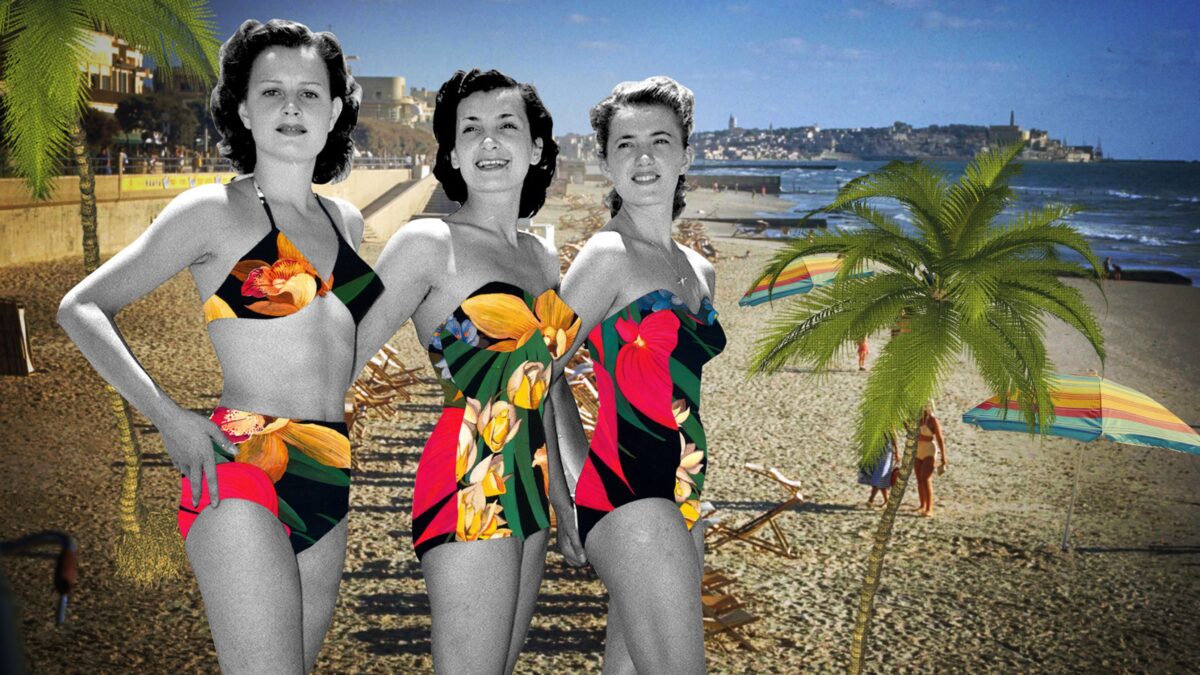Dalit Kimor’s intriguing biopic, Mrs. G, which will be screened at the forthcoming online Toronto Jewish Film Festival, is a portrait of Lea Gottlieb, who was probably the world’s finest swimwear designer.
Known far and wide as Mrs. G or Mrs. Gottlieb, she was a Hungarian Holocaust survivor whose stylish, brightly colored bathing suits and accessories were manufactured in Israel under the brand name of Gottex and primarily sold abroad. Customers ran the gamut from Elizabeth Taylor to Princess Diana.
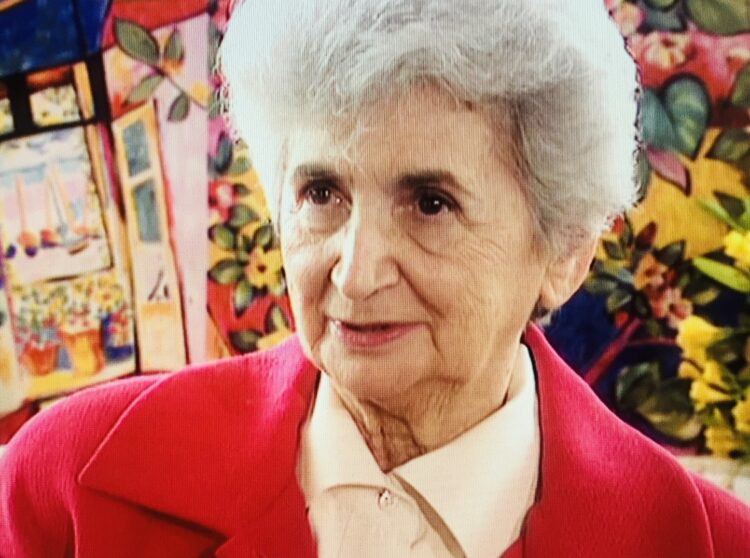
Gottlieb’s haute-couture collections generally required nine months to assemble and drew wealthy buyers who were not averse to spending hundreds of dollars for a bathing suit or a caftan. “She sold a life-style,” says a Gottex designer.
She and husband, Armin, the principals, founded Gottex shortly after their arrival in Israel in 1949. Lea was in charge of the design department. Armin was the chief financial officer. Their daughters, Judith and Miriam, respectively managed the factory in Tel Aviv and the branch in New York City.
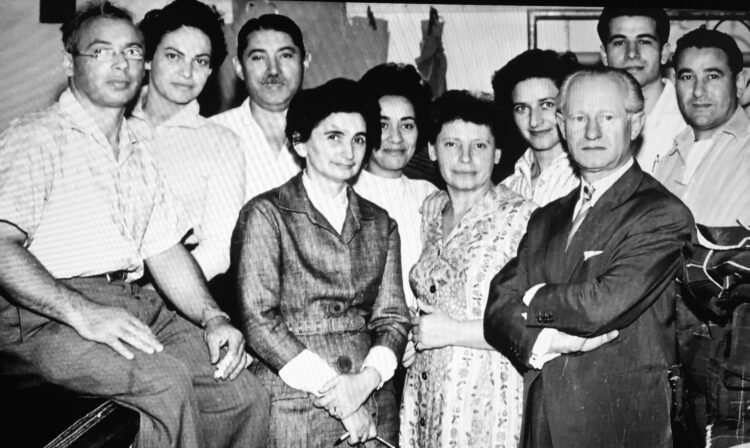
Lea, born in 1918, was from a troubled family, and she could not attend university due to antisemitic quotas. During the Holocaust in Hungary, Armin toiled in a forced labor camp. For the duration of the Holocaust, Lea and her two daughters survived in different places, though Miriam was temporarily cared for by a Christian family.
Kimor glosses over this awful period and focuses on Gottlieb’s new life in Israel. After spending a few months in a rudimentary transit camp, the Gottliebs moved into a small apartment in Jaffa. Converting one of the rooms into a workshop, they began making raincoats. A seasoned businessman, Armin had owned a raincoat factory in Europe.
They soon realized that Israel was an arid country with relatively little rainfall. Winter lasted only four months, but summer was twice as long. Which is why they phased out raincoats and concentrated on swimwear. No swimmer, Lea had never made a swim suit, but learned by practice.
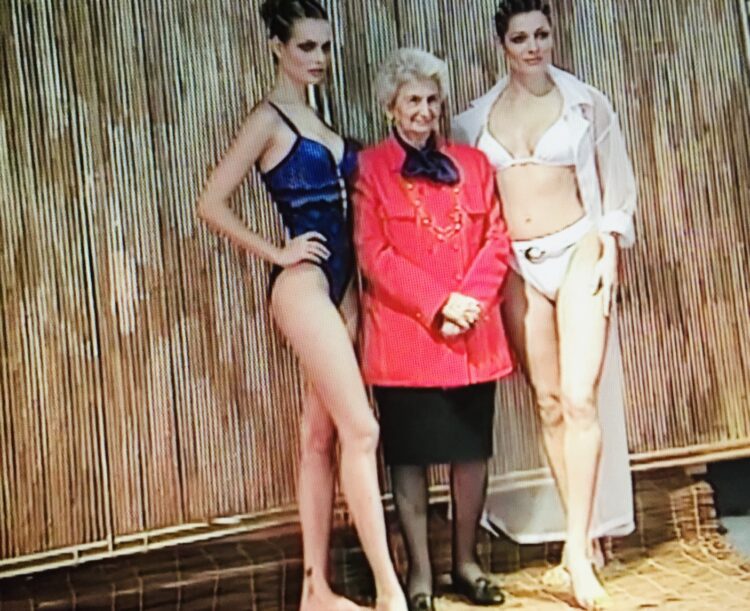
Compared to the drab swimwear of the day in Israel, then an underdeveloped nation struggling to absorb new immigrants and defending itself from Arab attacks, Gottlieb’s bathing suits were chic and colorful. She received massive subsidies from the Israeli government because it was in need of foreign currency.
Cognizant that the Israeli market was too small to support there fledgling enterprise, the Gottliebs looked abroad. They sold their first collection in Malta. A designer employed by Gottlieb likens their factory in a shabby district of Tel Aviv to a corner of Paris.
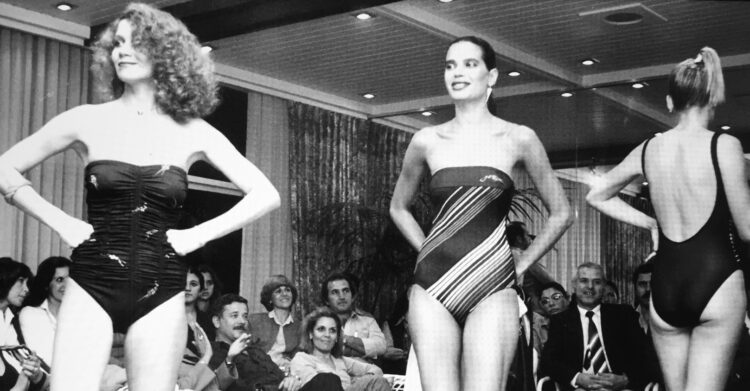
Gottlieb, whose mother tongue was Hungarian, could barely speak Hebrew or English, much less French or Italian, but she possessed a gift for connecting with buyers, fabric sellers, workers and seamstresses.
According to Miriam, Gottlieb was extremely demanding, emotionally remote and altogether consumed by Gottex. “For her, the company was everything, and this was sometimes very hard to take,” she says, adding that sheand her sister got into fights with their mother.
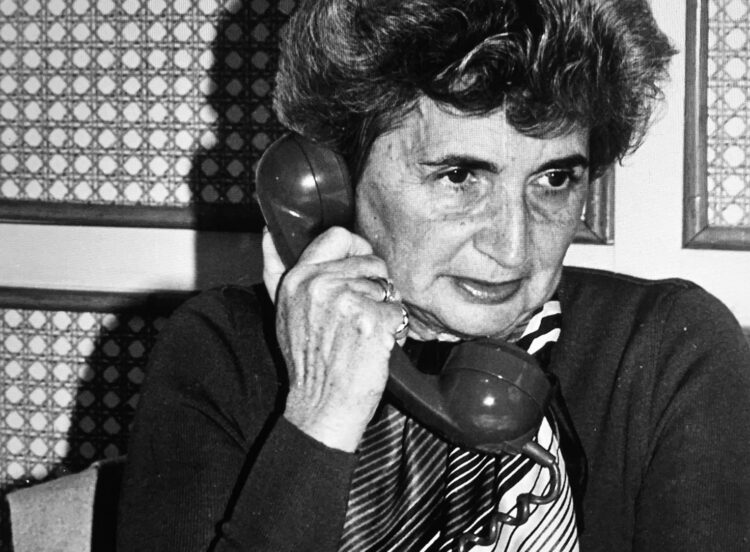
Gottlieb reached the peak of her creative powers in the 1990s, but Gottex’s days as a powerhouse gradually diminished as expenditures spiralled out of control, cheaper Chinese swimwear cut into its exports, and consumers’ tastes became simpler.
“She didn’t realize the market was changing,” says one of Gottlieb’s former associates. Being set in her ways, she refused to listen to consultants she had hired.
By the mid-1990s, when Armin died, Gottex was up to its neck in bank debts to the tune of a whopping $30 million. Yet Gottlieb lived in the lap of luxury, in two connected penthouses furnished with expensive furniture and decked out with manicured gardens.
Gottex was sold to Russian-Israeli oligarch Lev Leviev. Gottlieb left the company in 1998, and several years later, founded Lea, a swimsuit manufacturer. By this point, time was against her. She died in 2012 at 94, her accomplishments engraved into the lore of Israeli entrepreneurship.

